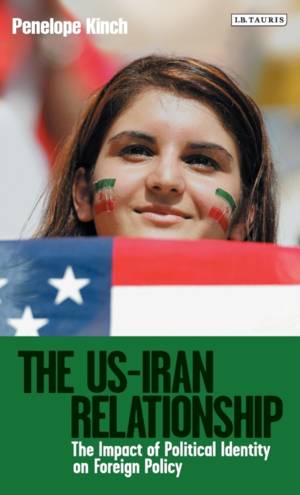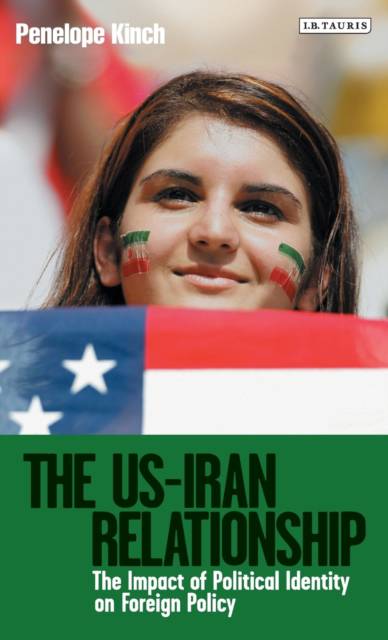
Je cadeautjes zeker op tijd in huis hebben voor de feestdagen? Kom langs in onze winkels en vind het perfecte geschenk!
- Afhalen na 1 uur in een winkel met voorraad
- Gratis thuislevering in België vanaf € 30
- Ruim aanbod met 7 miljoen producten
Je cadeautjes zeker op tijd in huis hebben voor de feestdagen? Kom langs in onze winkels en vind het perfecte geschenk!
- Afhalen na 1 uur in een winkel met voorraad
- Gratis thuislevering in België vanaf € 30
- Ruim aanbod met 7 miljoen producten
Zoeken
€ 198,95
+ 397 punten
Omschrijving
Since the Revolution of 1978/79, which eventually brought to power Ayatollah Khomeini and his circle of conservative, though politically active, clerics, the relationship between Iran and the USA has represented one of the world's most complex and hostile international entanglements. In this book, Penelope Kinch analyses the extent to which political identity has contributed to challenges in the relationship and the role of myths in foreign policy. Kinch first examines the construction of political identity in each country, and thereby traces the imagined norms which have their impact on international behaviour. Looking at the misperceptions that have precluded closer communication between the two states, Kinch examines both historical issues, such as the 1979 US embassy hostage crisis as well as more contemporary crises, most notably over Iran's nuclear power programme.
Specificaties
Betrokkenen
- Auteur(s):
- Uitgeverij:
Inhoud
- Aantal bladzijden:
- 288
- Taal:
- Engels
- Reeks:
Eigenschappen
- Productcode (EAN):
- 9781784532543
- Verschijningsdatum:
- 18/10/2016
- Uitvoering:
- Hardcover
- Formaat:
- Genaaid
- Afmetingen:
- 137 mm x 218 mm
- Gewicht:
- 498 g

Alleen bij Standaard Boekhandel
+ 397 punten op je klantenkaart van Standaard Boekhandel
Beoordelingen
We publiceren alleen reviews die voldoen aan de voorwaarden voor reviews. Bekijk onze voorwaarden voor reviews.









